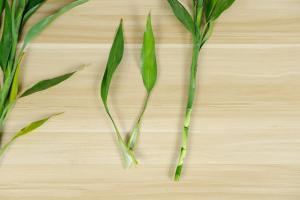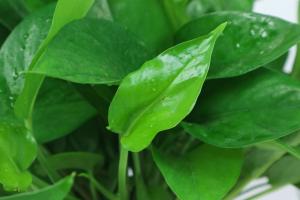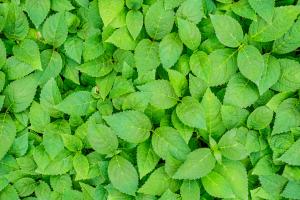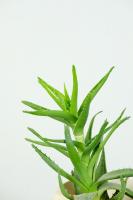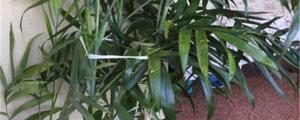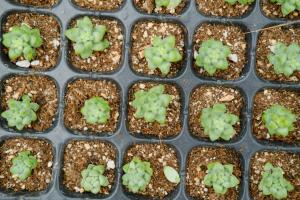Will Sudsy Water Harm Vegetable Plants?
Vegetable gardening can be a rewarding and fulfilling activity, but it also requires careful attention to detail in order to yield a successful harvest. One of the many considerations that gardeners must keep in mind is the use of soapy water in controlling pests and diseases. While soap can be an effective natural alternative to harsh chemicals, many gardeners wonder whether sudsy water can harm their plants. Here, we explore this question in detail.
The Science of Soapy Water
First, it's important to understand how soap affects plants. When soap, or any other detergent, is added to water, it breaks the surface tension and causes the water molecules to spread out more widely. This helps the water to penetrate soil more easily and also makes it easier for the water to stick to and suffocate insects and other pests on plant surfaces.
However, soap can also be harmful to plants, especially if it is used in high concentrations or applied repeatedly. The main concern is that soap can damage the fatty acid layer that covers the leaves of plants, which can disrupt their natural processes and leave them vulnerable to disease and other stresses.
The Risks of Using Sudsy Water on Vegetable Plants
While it's generally safe to use sudsy water on vegetable plants in small, diluted amounts, there are some risks to be aware of. The primary risk is that the soap can dry out the leaves of the plant, which can lead to wilting and other signs of stress. Additionally, if the soap is not rinsed off thoroughly or if it is left on the plant for too long, it can damage the plant's protective layer and leave it more susceptible to pests and diseases.
If you are planning to use sudsy water on your vegetable plants, it's important to use caution and follow these guidelines:
Use a mild, natural soap that is free of harsh chemicals
Dilute the soap with water according to the manufacturer's instructions
Apply the soap to the plant sparingly, focusing on the areas where pests are present
Rinse the plant thoroughly with water after applying the soap
Avoid applying soap on hot, sunny days or when the plant is already under stress
Test the soap on a small area of the plant first to ensure that it does not cause any damage
Natural Alternatives to Sudsy Water
If you are concerned about the risks associated with using sudsy water on your vegetable plants, there are many natural alternatives that you can try. Some of the most effective options include:
Neem oil
Diatomaceous earth
Garlic spray
Pepper spray
Dish soap solution
Each of these alternatives has its own pros and cons, so it's important to research and experiment to find the one that works best for your specific garden.
Conclusion
While sudsy water can be an effective natural remedy for controlling pests and diseases in your vegetable garden, it is important to use caution and follow the guidelines outlined above to minimize the risks to your plants. If you are unsure about whether to use sudsy water or another alternative, consider consulting with a gardening expert or conducting further research to make an informed decision.

 how many times do yo...
how many times do yo... how many planted tre...
how many planted tre... how many pine trees ...
how many pine trees ... how many pecan trees...
how many pecan trees... how many plants comp...
how many plants comp... how many plants can ...
how many plants can ... how many plants and ...
how many plants and ... how many pepper plan...
how many pepper plan...